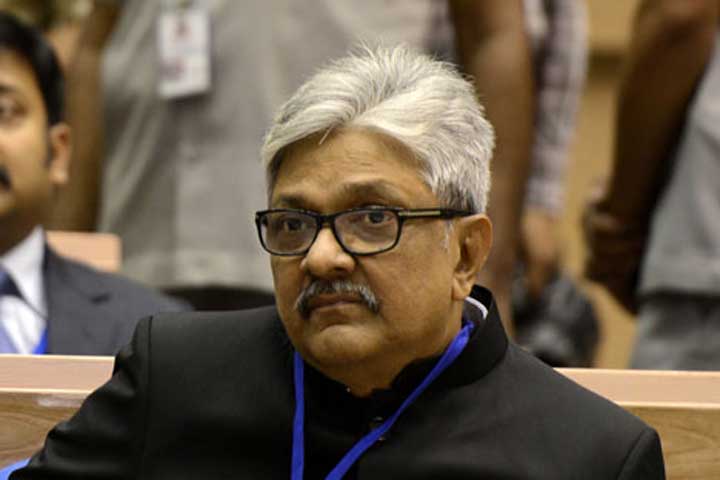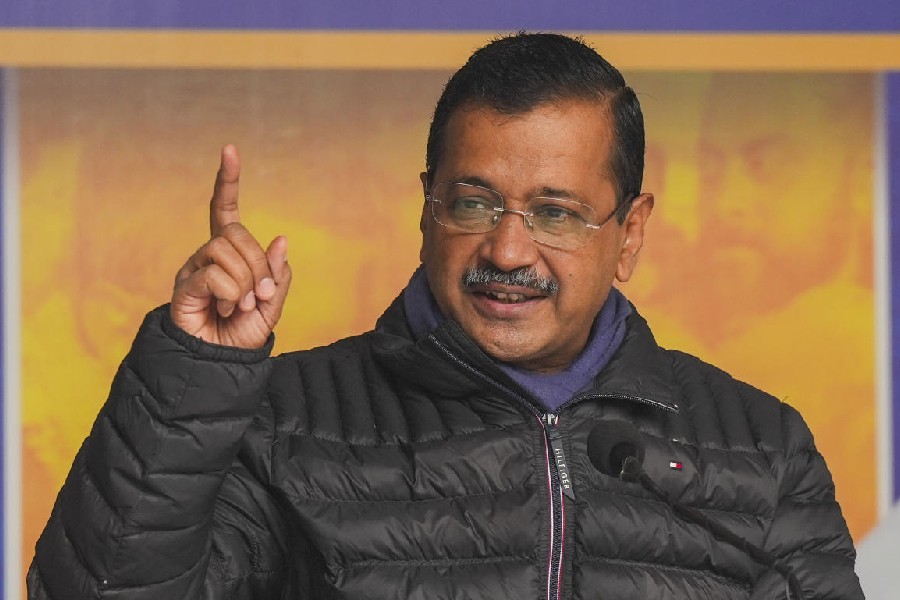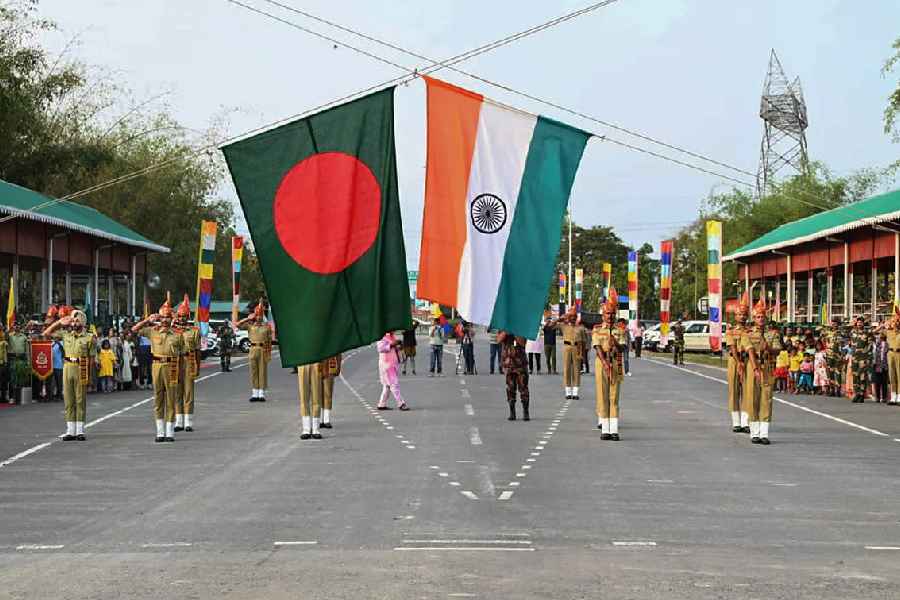The Supreme Court on Wednesday deferred till March 23 hearings on pleas to evict anti-citizenship-act demonstrators from protest sites, saying it wanted tempers to “cool down” first, but briefly pulled up the Centre for the way it has responded to the violence in Delhi.
Justices Sanjay Kishan Kaul and K.M. Joseph also refused to entertain a joint application seeking action against those behind the violence as Delhi High Court was seized of the matter.
The application had been filed by former chief information commissioner Wajahat Habibullah, Bhim Army chief Chandrashekar Azad and another person.
Justice Kaul, who was heading the bench, referred to the violence in Delhi as soon as hearings commenced on a day the riot toll rose to 27.
“Unfortunate things have happened… many lives are lost,” the judge said.
The other judge on the bench, Justice Joseph, spoke of the “inaction of police”.
“If I don’t say so, I won’t be discharging my duty. I have my loyalty towards this institution and towards the country…,” Justice Joseph said.
Solicitor-general Tushar Mehta responded, saying he too was discharging his duties as a law officer and was loyal to his profession.
Mehta asked the court not to make any observation related to the violence. “In this environment, your Lordships should not make such remarks. It would demoralise the officers,” he pleaded.
“The problem is that there is lack of independence and professionalism in the police force,” Justice Joseph said, brushing aside the plea. “If this (subsequent action by police and paramilitary force) had been done before, this situation would not have arisen.”
The bench said it was an unfortunate situation where 13 people had lost their lives so far, prompting one of the advocates present in the court to inform the bench that the toll had nearly doubled.
“Many unfortunate things have happened…,” Justice Kaul said.
Mehta again pleaded with the court not to make any observations when the situation was still volatile.
“Unless you get the police to act things won’t improve. Look at how police acts in the UK. Do they require somebody’s nod? If somebody makes an inflammatory remark, police swings into action,” Justice Joseph said.
Mehta shot back, saying one policeman had been killed in the violence and a deputy commissioner of police was so brutally assaulted that he was now on ventilator support. The court, he said, should also take cognisance of such incidents.
Justice Kaul then concluded the proceedings, saying: “Let police act and let things come under control. This is not the right time to indulge in blame. We were a little out of the box and trying things irrespective of outcome. I have no regret on failing. We make any endeavour.”
The judge was referring to an earlier decision of the court to appoint interlocutors Sanjay Hegde and Sadhana Ramachandran to speak to the protesters at Shaheen Bagh and see if they could shift their two-month-plus sit-in to an alternative site where they wouldn’t block any road.
Mehta said the court’s PIL jurisdiction was often being misused.
Justice Kaul clarified that the court was not saying anything “adverse” against the government. “Let there be some equanimity… let things cool down…,” he said, adjourning the matter to March 23.











